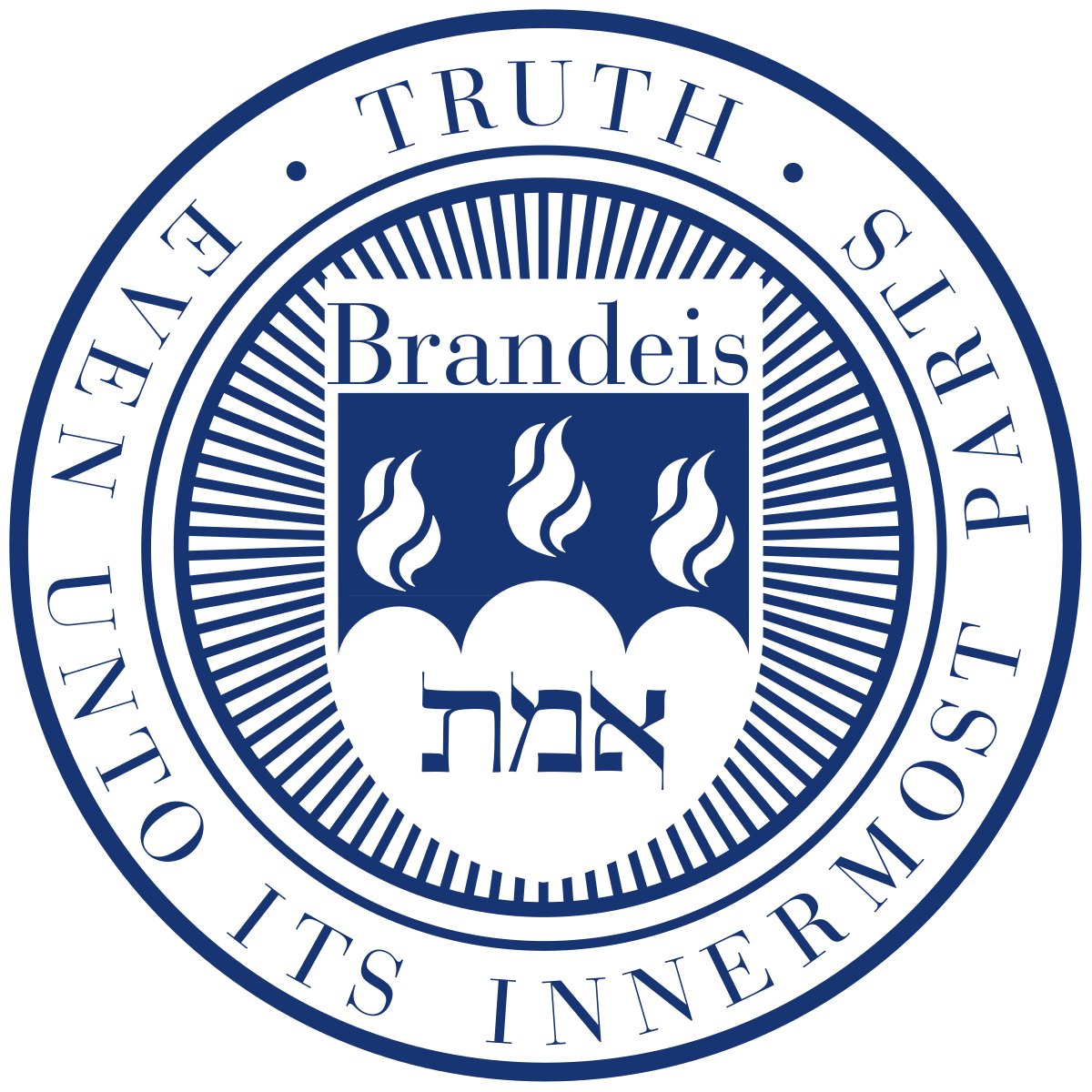Movements like Zionism are HOW displaced nations organize and lobby for deals. There's a lot of work involved. And it takes leadership and PROCESS. The Kurds are advertising on American TV.. They HAVE leadership and organization. What are the Palestinians doing to ORGANIZE for nationhood?? Other than sucking down UN/Intl funding and pooping it away? When was the LAST Pali election or "central meeting"??
That is a good way to put it - excellant!
It is a juvenile way of looking at it. No land was 'available' and men from one continent giving land to other men from there, the land of others from another continent completely is ludicrous and thanks to Nuremberg, against international law.
Land ownership in the Ottoman Empire was a lot more complex then you seem to realize. It is often not clear who owned what after the dissolution of the empire. In addition, you have nomadic people's like the Beduoin who have ancestral territory but not "ownership". Now that is a group that has really suffered and been disenfranchised.
Much of the land, particularly in the early years was purchased:
Jewish land purchase in Palestine - Wikipedia As far as I know that is not illegal. This is not "men from one continent giving land to other men from there".
Where land was not purchased - where it was confiscated - then that is wrong.
The zionists used 3000 years of Jewish, not zionist, suffering for their land grab.
What exactly do you mean by that?
I would love for even one zionist to go read some actual history, compare it to what they have been taught, and then to check back to this forum after at least a few weeks.
I think everyone should read some history.
The land purchased was only about 7%. The rest of it was stolen.
BTW, land purchases do not remove that land from the country. It was still Palestinian land.
7%? I think this is one of the hardest questions to find unbiased answers too....I didn't think the number was that low, where do you get it from?
Quora posed an interesting question, and there was
one good answer (that sourced it's claims). The question was
How much of Israel is bought land from willing Arab sellers vs. stolen land, not counting for territories acquired by war (Independence and 1967)?
(Note: This question does not make sense excluding the War of Independence / Naqba, as that is where Israel saw its largest take-over of property.)
The short answer is
around 70% of current Israeli properties, as quoted by the Israeli Custodian of Absentee Properties:
"[...] when asked how much of the land of the state of Israel might potentially have two claimants — an Arab and a Jew holding respectively a British Mandate and an Israeli deed to the same property — Mr. Manor [the Custodian in 1980] believes that 'about 70 percent' might fall into that category" - (
Robert Fisk, 'The Land of Palestine, Part Eight: The Custodian of Absentee Property',
The Times, December 24, 1980, quoted in his book
Pity the Nation: Lebanon at War)
However, to better understand this number we must delve into how this came to be - and the mechanisms Israel employed to take control of those properties.
Israeli acquisition mechanisms:
600-700K Palestinians fled their homes for a variety of reasons (attacks, fear of massacres, massacres, expulsions - see Benny Morris for reasons). After they were not allowed to return to their homes following the cessation of hostilities, the nascent Israeli government sought to take formal control of the properties to be able to settle new immigrants to the country.
The method of doing so was through the
"Absentee Property Law". Anyone who was a Palestinian Mandate citizen and left
their ordinary place of residence for either 1) another country or 2) for a place in Mandate Palestine at the time held by enemy forces had their rights to their home taken from them by the Israeli Government.
This means that anyone who fled from the Zionist forces lost their home - and this applies to both Palestinian citizens of Israel (Israeli Arabs) or to Palestinian Refugees. However, the law was crafted such that Jewish citizens would not be impacted.
Israel still recognizes the ownership, and the properties are held in trust by the Israeli Custodian of Absentee Properties. However, they have no rights to use it
Strange effects - 'present absentees':
This has led to some strange effects, where Arab Israeli citizens have the same rights as their Jewish counterparts - except for when it comes to their legal property - the so called
Present absentees. They own properties in their old cities and villages, but those properties are now populated by Jews.
For example, the artist colony
Ein Hod is an old village taken by the Israeli government through the absentee property law. Another example is the Shaya family house in Jaffa:
Three out of seven siblings of the Shaya family were in Lebanon as the war broke out - so
the Israeli Government has taken control of 40% of the house, and is demanding rent from the family. See here:
Why is Israel laying claim to an Arab home in Jaffa?
It also means
Israel can take whatever homes they want in East Jerusalem, as east Jerusalem was under enemy control during the period.
Israel can now legally seize Palestinians' homes in Jerusalem
Often in Israeli courts, all that is needed is a single witness 60 years later to say that the owner was away during that period - such as in this claim by the Jewish National Fund and the Elad organization to take the al-Ruweidi families home in Silwan:
JNF, settler group seek to evict Palestinian family in Silwan
Based on the wording of the law - and court practice -
Jewish Israelis can reclaim properties lost in 1947-49 (as has been done in Silwan),
whereas Arab Israelis lack that right.
Ignoring Israeli law and stealing properties - Iqrit:
Sometimes when the Absentee Property Law was not enough, the government would just take the properties anyway. Take
for example the Christian Arab village Iqrit in Northern Israel:
The inhabitants were expelled from their village by the Israeli Defence Forces in 1948, with the promise that they would be allowed to return in two weeks time. Three years later, they had still been blocked from returning - so the inhabitants petitioned the Supreme Court which ruled in their favor.
The IDF still refused, crafting new rationale for blocking their return.
Before the new court case could be resolved, the Israeli Defense Forces blew up the village on Christmas Day 1951 to prevent their return, in violation of the Supreme Court.
Today, the Jewish villages of Shomera, Even Menachem and Gornot HaGalil
are on Iqrit's lands, and the descendants of the village still have not been allowed to return.
4. Conclusion
Although technically legal under Israeli law, the law itself constitutes theft of property. The law was written to ensure that only Arabs would be impacted - and has continued to this day. Weak - and false - testimonies 60 years after the fact are used to deprive Palestinians of their properties today.






